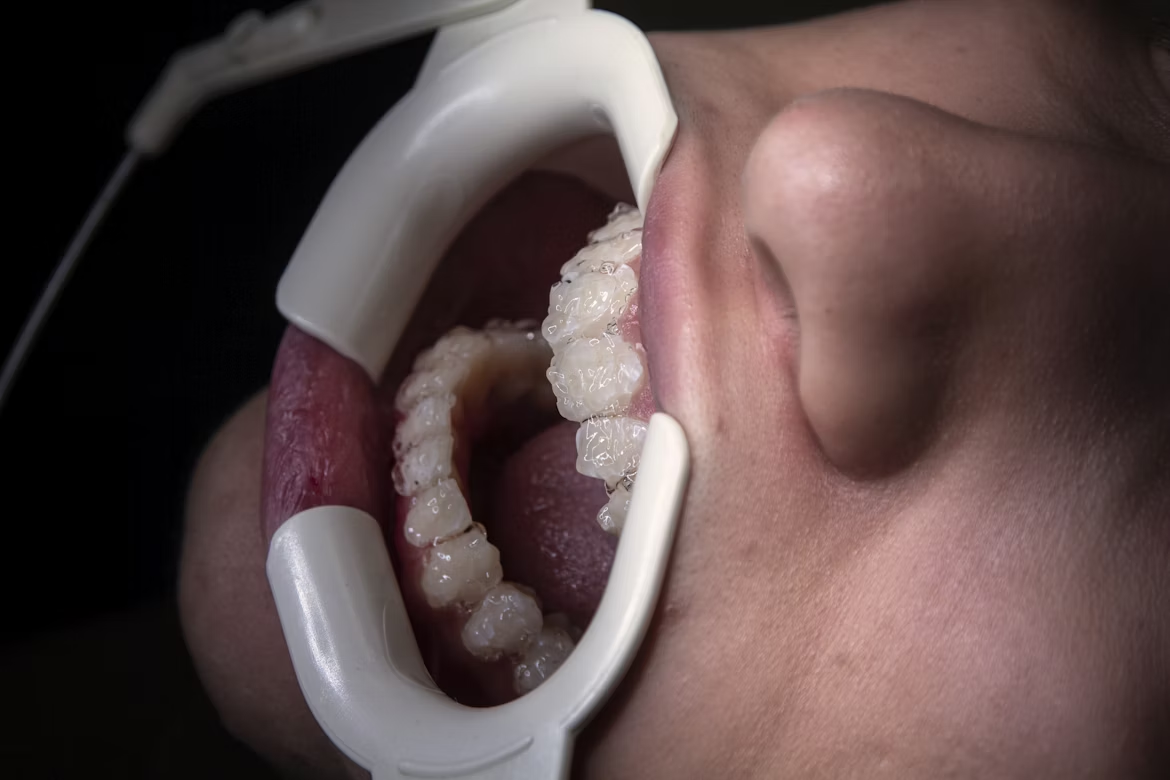You’re in the bathroom, spitting out toothpaste, and you suddenly halt yourself at something you notice: red or pink lines in the foam. Bleeding gums are frightening, particularly when you are in the middle of doing whatever you can to clean your mouth and teeth. Do you have to be concerned about this, though, or is it just part of your regimen?
The short answer is, although gums bleeding is not considered normal, they’re not healthy. Your gums shouldn’t bleed when you brush and floss at home if you have a healthy mouth. Wherever you have bleeding, what your body is usually telling you is something needs to be repaired.
Why Are Your Gums Bleeding?
Gingivitis: The Suspicion of Choice
The most common reason for bleeding gums is gingivitis. Gingivitis is the beginning of gum disease that occurs when plaque forms on your gum line and makes your gums sensitive, inflamed, and bleed. Plaque contains bacteria that release toxins, which make your gums sensitive, inflamed, and bleed.
Fortunately, gingivitis can be reversed if you keep your oral hygiene in check. You can have healthy gums again through brushing, flossing, and professional cleaning that will eliminate the plaque deposits and restore your gums to health.
Poor Brushing and Flossing Technique
You also can develop bleeding gums by being too harsh with your oral care. Brushing too aggressively or with a hard-bristled toothbrush will irritate sensitive gum tissue. The same likely is the case if you are a flossing newbie or haven’t flossed in some time; gums likely will bleed at first as they acclimate to the habit.
The solution is gentleness. Gently brush using a soft-bristled brush and a circular motion, not scrubbing. Gently thread floss between your teeth when you floss, and do not snap against your gums.
Beginning a New Oral Hygiene Regimen
If you have just changed toothbrushes or started flossing more often, bleeding is absolutely normal for a brief duration. Your gums just require a small amount of time to get used to the additional stimulation. This type of bleeding should resolve itself in a week or two once your gums get a bit stronger and healthier.
Hormonal Shifts and Medications
Pregnancy raises the tendency to bleed and sensitivity of the gums due to changes in hormones. Pregnancy gingivitis affects pregnant women. Blood thinners also promote bleeding and also make it harder to stop bleeding.
When to See a Dentist
Bleeding gums occasionally at various times are not on their own a cause for concern, although some symptoms will need professional dental care. See the dentist if gums bleed too often more than a week after good brushing and flossing.
You should see your dentist if you have bleeding gums accompanied by severe pain, swelling, or pus. All these are signs that you have a serious infection that must be treated.
Other warning signs are perpetual bad breath, loose teeth, or gums that pull back from the teeth. They are signs of advanced gum disease and should be professionally treated if one does not want to lose teeth.
Taking Charge of Your Dental Health
Bleeding gums are the first sign in the mouth and perhaps are a reminder that you could be doing a better job of mouth care. Bleeding on initiation of the improvement in oral hygiene can be expected initially, but persistent bleeding is an issue.
Prevention is always best through good regular dental care and dental check-ups. If you do get persistent bleeding gums, don’t wait—visit your dentist for personal advice. Tackling problems early will prevent small problems getting too big.





